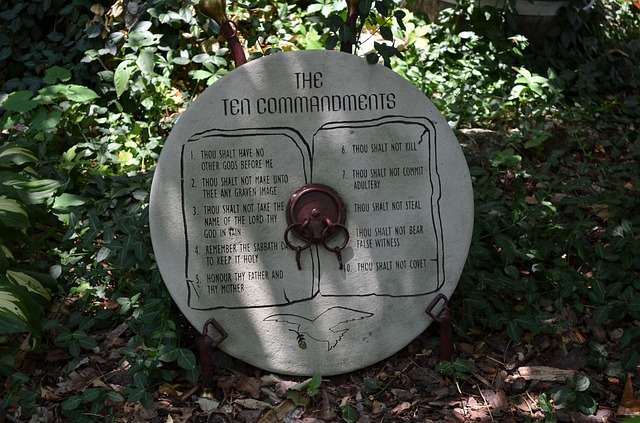Rev José Mario O Mandía
jmom.honlam.org
We have seen that the conscience is not a feeling but a judgment made by the intellect. To make this judgment, the intellect needs data. Lack of data is ignorance (cf. CCC No. 1790).
Is a person who acts out of ignorance blameworthy or not? The answer depends on whether his ignorance is (1) vincible or culpable; or (2) invincible or inculpable. What is the difference?
(1) Vincible ignorance: “This ignorance can often be imputed to personal responsibility. This is the case when a man ‘takes little trouble to find out what is true and good, or when conscience is by degrees almost blinded through the habit of committing sin’ (Gaudium et Spes, No. 16). In such cases, the person is culpable for the evil he commits” (CCC No. 1791).
As the name indicates, vincible ignorance can be overcome, because the person is intellectually able to grasp the principles involved. If that ignorance is due to the lack of effort, the ignorance is culpable – the person can be blamed for an evil action resulting from it.
(2) Invincible ignorance: This kind of ignorance exonerates the person from responsibility and is also thus called “inculpable”. Invincible ignorance may also exist in persons with great intellectual capacity, because it may happen that they have been wrongly taught by persons whom they highly respect and whose teachings they adhere to. The CCC (No. 1793) tells us: “If – on the contrary – the ignorance is invincible, or the moral subject is not responsible for his erroneous judgment, the evil committed by the person cannot be imputed to him. It remains no less an evil, a privation, a disorder. One must therefore work to correct the errors of moral conscience.”
HOW DOES ONE FORM AN UPRIGHT CONSCIENCE?
We can cite three important ways of educating our conscience.
(1) Study, prayer and spiritual direction: The CCCC (No. 374) says: “An upright and true moral conscience is formed by education and by assimilating the Word of God and the teaching of the Church. It is supported by the gifts of the Holy Spirit and helped by the advice of wise people. Prayer and an examination of conscience can also greatly assist one’s moral formation.”
(2) Frequent reception of the Sacrament of Reconciliation: Through Confession, we can obtain not only God’s grace but also appropriate advice from our confessor suited to our needs. How often should we go to confession? Saint Pope John Paul II used to do it weekly. So does Pope Benedict XVI. Pope Francis goes every two weeks.
(3) Formation of the will through personal struggle and mortification: We have to train our will to love the good and to strive for it, in spite of the sacrifices it may entail. A will crippled with bad habits can distort the judgment of the conscience.
WHY DOES THE CONSCIENCE NEED THE MORAL LAW?
The conscience judges, as we have seen, the goodness or evil of an action. It is a subjective measure or norm of morality. But the conscience has to base its judgments on certain objective standards. The conscience is like the captain of a ship who needs maps and reference points to navigate safely. The conscience cannot invent its own rules of morality. It needs a stable reference point independent of any individual’s whim or caprice. It needs to know what is truly good and what is truly evil so that it can judge correctly.
(Photo: AngiYowell at Pixabay)


 Follow
Follow


